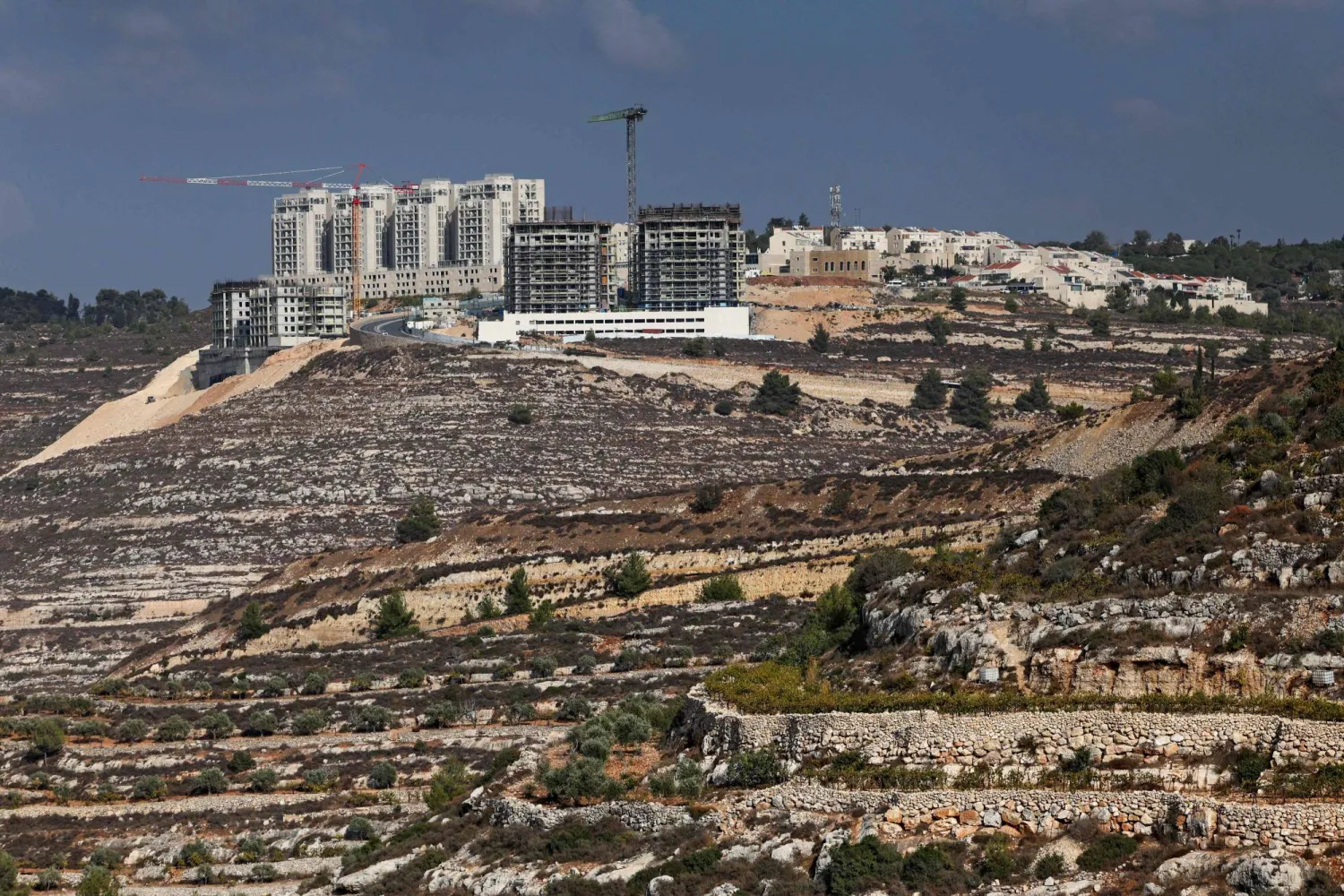Bahraini King Hamad bin Isa Al Khalifa issued several decrees for new appointments at the Prime Minister's office and restructuring the Board of Trustees of the Isa Award for Service to Humanity and the Supreme Council for Islamic Affairs.
The King issued a decree appointing Hamad Yaqoub al-Mahmeed as Director General of the Prime Minister's Office and Sheikh Ali bin Khalifa Al Khalifa as Adviser to the Crown Prince and the Prime Minister while retaining his previous rank.
King Hamad also issued a decree restructuring the Board of Trustees of the Isa Award for Service to Humanity, headed by Sheikh Mohammed bin Mubarak Al Khalifa, with the membership of Sheikh Khalid bin Abdullah Al Khalifa as first vice president and Taqi Mohammad al-Baharna as second vice president.
The Board also included Sheikh Khalid bin Ahmed bin Mohammed Al Khalifa, Sheikha Mai bint Mohammed Al Khalifa, Ali Abdullah al-Aradi, Mohammad Ali al-Khuzai, and Ali Abdullah Khalifa.
The term of their membership shall be four years, starting from the date of issuance of the order.
King Hamad also issued a Royal Order re-forming the Supreme Council for Islamic Affairs, announcing that it will be reconstituted under the chairmanship of Sheikh Abdulrahman bin Mohammed bin Rashid Al Khalifa.
The Supreme Council also included: Sheikh Abdulhussain Khalaf al-Asfoor as Vice President, and members: Sheikh Abdullatif Mahmood al-Mahmood, Sheikh Farid Yaqoub al-Muftah, Sheikh Adnan Abdullah al-Qattan, Sheikh Mohammed Mulla Ahmed Hassan Ali al-Tublani, Sheikh Mansour Ali Hamadah, Sheikh Mohammad Hassan Abdulmahdi al-Sheikh, Sheikh Dr. Suleiman bin Sheikh Mansour al-Stri, Sheikh Jamil Mohammad Ibrahim Hassan al-Qassab, Sheikh Essam Mohammad Ishaq al-Abbasi, Sheikh Jawad Abdullah Abbas Hussain, Sheikh Mohammad Jaffar Mohammad al-Jufairi, Sheikh Rashid Hassan Ahmed Al Buainain, Sheikh Ibrahim Rashid al-Muraikhi, and Sheikh Abdulrahman Dirar al-Shaer.
The term of their membership in the Council is four years.









